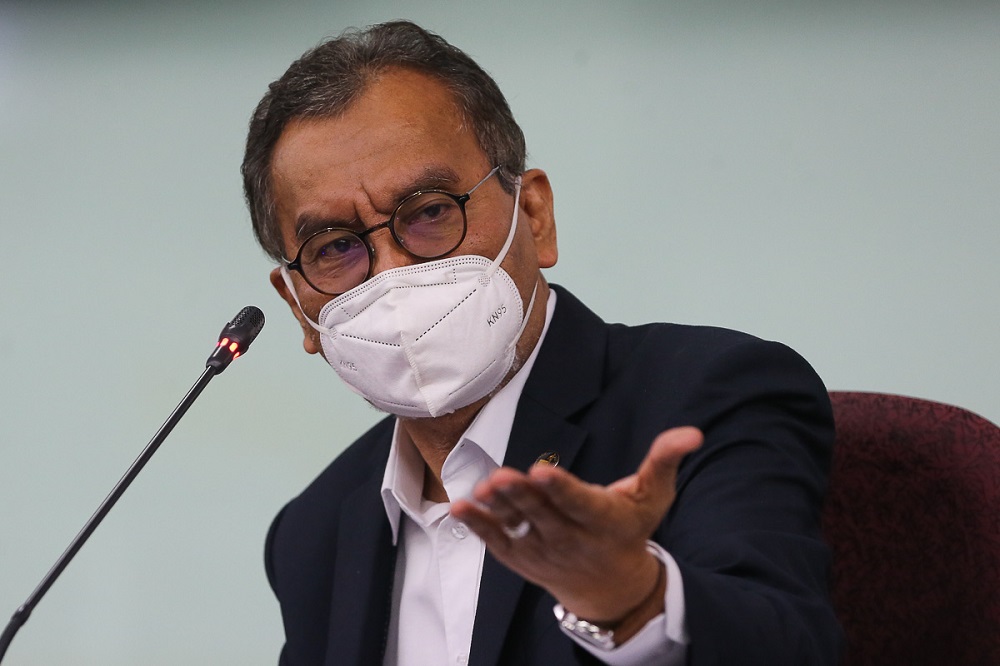KUALA LUMPUR, May 19 — The Selangor state government said today it is not in favour of implementing a full-scale movement control order (MCO), claiming that the Covid-19 situation in the state remains under control.
Its Covid-19 task force chairman Datuk Seri Dzulkefly Ahmad said the infectivity rate in Selangor is not as high as in other states — 1.14 compared to Pahang (1.62), Kedah (1.24), Perak (1.22), and Terengganu is (1.2).
“The number of persons in households in the state is 1.9 million, and Selangor has 3.59 million labour force, and 3.4 million workers here, including people from other states who live here for work.
“This enables us to determine the density of the populace in the state,” he said during a special press conference on the Covid-19 situation in the state.
As such Dzulkefly said it is inaccurate to say Selangor is the most severe when it comes to Covid-19 infections, given its high population number and relatively developed industries compared to other states.
“The reason why Selangor seems to have high numbers of Covid-19 infections is also a matter of the Health Ministry’s testing policy. For example the RTK tests conducted must also be confirmed by PCR tests.
“This results in delayed testing, as for a PCR confirmation an appointment is needed at health clinics, as well as a delay when it comes to doing contact tracing. On average, to get a PCR appointment in the event of a positive RTK test takes three to five days,” he said.
Similarly close contacts must wait an average of six to seven days for an appointment, with Dzulkefly adding that in certain instances it can take as long as 10 to 20 days.
“This is when clusters can emerge and spread to the community, since the individuals in question are still able to go out and about.
“Over time, these close contacts form a backlog in the community, which triggers the worrying signs of an infection reservoir, commonly referred to as community spreads,” he said.
Dzukefly disputed the claims that Selangor's infectivity rate is very high, using data from the ministry to clarify.
“Selangor's rate stands at 1.14. In comparison, Pahang is 1.62, Kedah is 1.24, Perak is 1.22, Terengganu is 1.2, while Putrajaya and Negri Sembilan stand at 1.16 respectively.
“Even these rates should also take into account the incidents and the ratio of the residents in each respective state,” he said.
Yet Dzulkefly said the decision (to implement full lockdown in Selangor) will ultimately depend on the federal government and the National Security Council.
He claimed that a full lockdown is not ideal, as many are dependent on going out to earn their daily living, like small traders and hawkers.
“Do not use the lockdown as an easy path out, due to the failure in managing the MCO 2.0 and the increasing number of deaths,” Dzulkefly said.
On Monday, Health Minister Datuk Seri Dr Adham Baba said his ministry is mulling the implementation of a total MCO lockdown in Selangor, should the number of cases continue to rise.




















